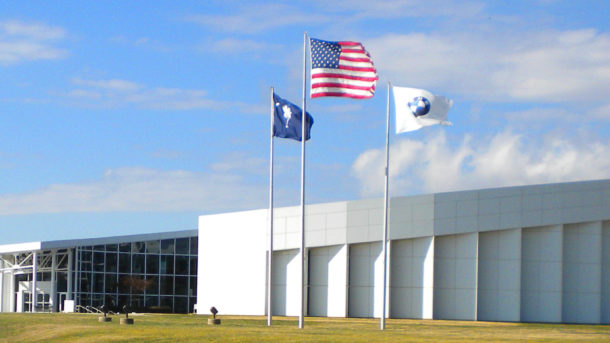Right to Work Fuels Prosperity
UAW and BMW plan to expand in Right To Work state of South Carolina
Otis Rawl, president and CEO of the South Carolina Chamber of Commerce, lays it out straight in a recent column in the Charleston Post Courier entitled "Right to Work law fuels South Carolina's economic engine":
I can't tell you how many business leaders have approached me over the past month to express their disbelief, and in some cases outrage, that the NLRB would so blatantly misuse its power by issuing a complaint requiring Boeing to open a second 787 facility in the state of Washington. The NLRB claims the complaint is to remedy what it calls an illegal transfer of work to non-union facilities in North Charleston. In reality, Boeing did what any responsible company in its situation would do -- locate in the most manufacturing-friendly place possible. The NLRB should enforce the law as it is written -- not as dictated by organized labor.
Here in South Carolina, we enjoy a right-to-work status that makes our state very attractive to companies considering where to locate. Currently, 22 states have right-to-work laws that protect the rights of workers not to be forced to join or pay dues to a union as a condition of employment. Right-to-work states must protect that tradition, which is under attack as union numbers continue to drastically decline.
The last thing we need is for the union to force the same formula on South Carolina that helped bring Detroit to its knees. In fact, the formula we have is working just fine. Consider this. The auto industry has created 85,000 full-time jobs across the state. Many are available thanks to international automotive plants in places like Greer, Timmonsville, Spartanburg and throughout South Carolina. We are fortunate to be such a sought-after location for successful manufacturers to bring new jobs to South Carolina. And, it is important to note that at the same time that South Carolina was developing these 85,000 new jobs, UAW members were losing almost 1.2 million throughout the U.S.




